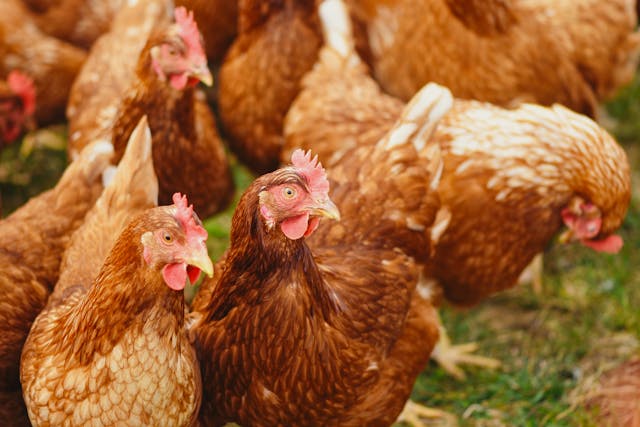Introduction
Poultry farming has evolved significantly over the years, integrating technology and sustainable practices to improve efficiency and productivity. As demand for poultry products continues to rise, farmers must adopt innovative approaches to stay competitive while maintaining ethical and environmental responsibility.
1. Importance of Sustainable Poultry Farming
Sustainability in poultry farming is crucial for maintaining animal welfare, reducing environmental impact, and ensuring long-term profitability. Some key sustainable practices include:
- Efficient Feed Management – Using high-quality, balanced feeds to enhance bird growth while reducing waste.
- Water Conservation – Implementing smart water usage techniques like automated drinkers to minimize wastage.
- Waste Management – Recycling poultry litter for organic fertilizers to support eco-friendly farming.
2. Technology Transforming Poultry Farming
Modern poultry farming is increasingly integrating technology to optimize operations:
- Automated Climate Control – Advanced ventilation and temperature control systems keep birds comfortable in all weather conditions.
- IoT & Smart Monitoring – Real-time data tracking for feed consumption, weight gain, and health monitoring.
- Genetic Improvements – Selective breeding enhances disease resistance and growth rates, improving overall farm efficiency.
3. Common Challenges and Solutions in Poultry Farming
Despite advancements, poultry farmers face several challenges, including:
- Diseases and Biosecurity – Regular vaccinations and strict hygiene measures can prevent outbreaks.
- Market Fluctuations – Diversifying poultry products (eggs, meat, organic poultry) helps stabilize income.
- Feed Cost Inflation – Sourcing alternative protein sources and optimizing feed formulation reduces expenses.
4. The Future of Poultry Farming
The poultry industry is shifting towards:
- Organic & Free-Range Farming – Meeting consumer demand for ethically sourced products.
- Alternative Protein Sources – Exploring insect-based or plant-based feeds for sustainable nutrition.
- AI-Powered Farming – Leveraging artificial intelligence for precision farming and decision-making.
Conclusion
Poultry farming is undergoing a transformation, driven by technology and sustainability. Farmers who embrace innovation and eco-friendly practices will not only enhance productivity but also contribute to a healthier food system. Investing in smart solutions today will shape a profitable and sustainable future for poultry farming.


